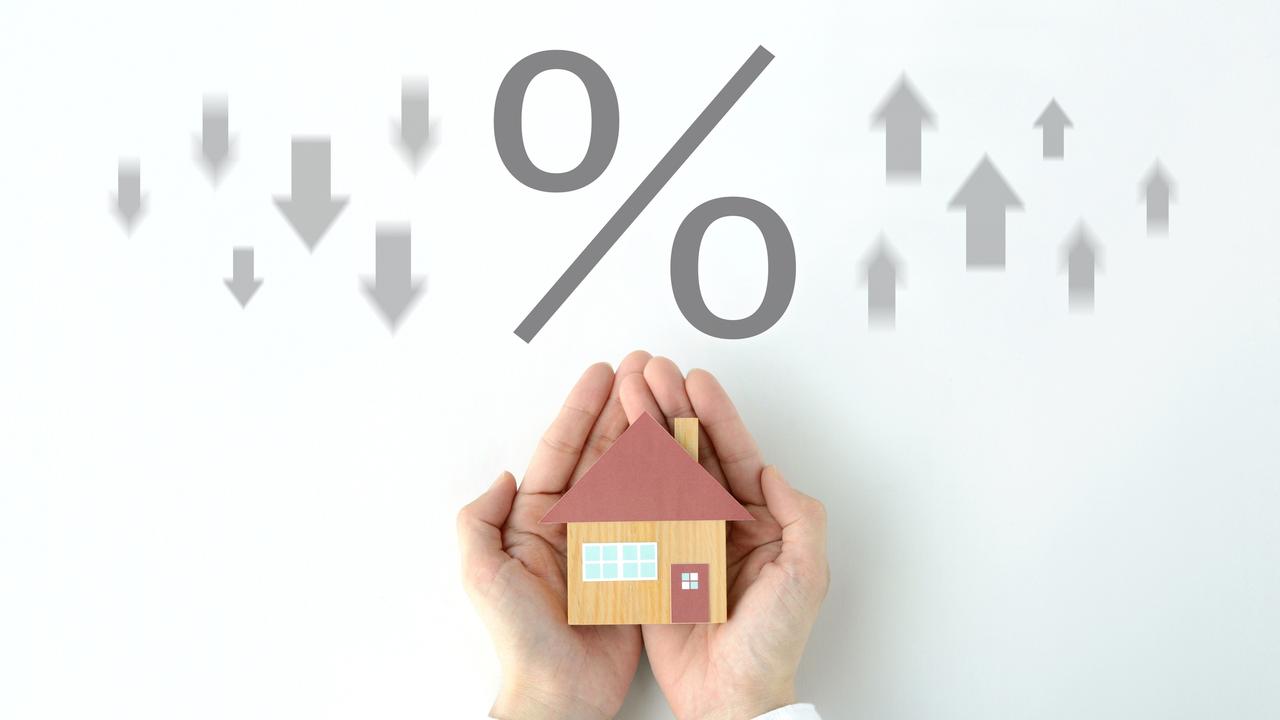The Australian’s Money Cafe podcast: What will inflation mean for your investments?
In The Australian’s Money Cafe podcast this week: How will inflation affect investment returns and income? One of the nation’s top financial advisers tells you what to do.

Most investors in Australia have little experience of inflation, it’s been decades since it really mattered.
What’s more we have been led to believe that it was unlikely to return anytime soon. Even when there were some early signs of inflationary pressure in the mining and construction sectors, we were told it was “transitory” – but here it is running at an annualised rate of 3.5 per cent. Meanwhile, in the world’s most important sharemarket on Wall Street, inflation is at its highest level for four decades.
In this week’s show I talk with Dr Doug Turek, the CEO of Professional Wealth, a leading independent advisor who has been preparing his circle of well-heeled investors for some time on the issue. We discuss:
• Why inflation has finally broken out in our domestic economy
• The stock sectors set to win and lose in the months ahead
• Rates will rise … but will they really rise by much?
Dr Turek – a member of the The Australian’s Top 100 Financial Advisers list – says he started making changes for clients six months ago once it was evident that inflation had reappeared on the horizon.
One of the strongest calls made by Dr Turek on the show is to keep clear of loss-making bonds and in particular the increasingly popular menu of bond-based Exchange Traded Funds.
But there is good news here too: Not just that inflation and rising rates suggest the world is getting back to “normal” but the ability of inflation to help mortgaged homeowners and property borrowers to achieve their ambitious goals more easily.
Rising inflation aids borrowers because the amount borrowed is literally devalued by the onset of inflation. To put it simply let’s say an investor borrows $100,000 and there is rising inflation in the years following the deal – by the end of the loan term that money is worth less than it had been. At the same time, the asset purchased will most likely have lifted in value, shrinking the loan as a proportion of the value of the investment asset.
As inflation plays out in the markets there are going to be very significant changes to the world we have come to know, where there is no alternative to entering share markets for price growth and income: Moreover, inside the market itself the “value” stocks are going to get upgraded and the “growth” stocks – especially profitless growth stocks are going to get downgraded.
Our question of the week comes from Carl who asks:
“I am not sure if it is better to invest in international ETF’s (for example: top 100 global companies) when the Australian dollar is strong against the greenback as opposed to when it is going down. I would have thought, when our dollar is weak against the US dollar you are better off buying Australian ETFs? If my thinking is correct, is there a point where you should swap from buying international ETFs to Australian and vice versa?”
If you have any questions on any aspect of investment for Wealth editor James Kirby and his guests on The Australian’s Money Cafe send to moneycafe@theaustralian.com.au



